3 women said a Hialeah cop abused them. Prosecutors never spoke to them — and dropped case.
When the Miami-Dade State Attorney’s Office chose not to charge a Hialeah cop accused of sexually assaulting and harassing four women and girls, two close-out memos explaining the decision — one less than a page in length — dismissed them as gang members and a “bi-polar” runaway.
But now the state attorney’s office is acknowledging that the prosecutor assigned to the case did not interview three of the four alleged victims. Despite never speaking to them, the prosecutor still felt confident that their testimony would not be enough to secure a sexual battery conviction against Sgt. Jesús “Jesse” Menocal Jr.
The two adult women and one underage girl could have been crucial to the case. Hialeah internal affairs investigators began looking into Menocal in June 2015 after a 17-year-old complained that Menocal tried to coerce her to have sex inside a camera-less room at a police station. Detectives then tracked down the three other alleged victims based on tips about Menocal’s behavior.
Police suspected all four women and girls were victims of human trafficking, making them vulnerable to coercion by law enforcement.
Failing to interview those alleged victims is a “red flag” indicating an investigation that may not have gone deep enough, said Daniel Feldman, a professor at John Jay College of Criminal Justice and former assistant deputy attorney general in New York State.
“The question is, was this pursued with less vigor than it would have been pursued if the alleged perpetrator had not been a police officer?” Feldman said. “In the overwhelming majority of cases, if a witness alleges that they’re the victim of a crime... ordinarily it would be unreasonable not to interview the witness.”
The prosecutor working the case, Assistant State Attorney Johnette Hardiman, did interview the first alleged victim. But Hardiman deemed the 17-year-old a poor witness because she did not immediately tell police she was a potential victim of human trafficking.
Hardiman didn’t seem to acknowledge the vulnerability of the 17-year-old or the other three alleged victims, whom she did not interview. Rather, she referred to the potentially corroborating victims as “gang” members. She called one of them — a young teenage girl who said Menocal forced her to perform oral sex when she was 14 — a “bi-polar chronic runaway.” Without further evidence to back up the alleged victims’ claims, the prosecutor assigned to the case decided the criminal investigation could not proceed.
In the close-out memo, Hardiman did not subject Menocal’s credibility to the same scrutiny, failing to mention that the cop did not file a report after he detained the 17-year-old.
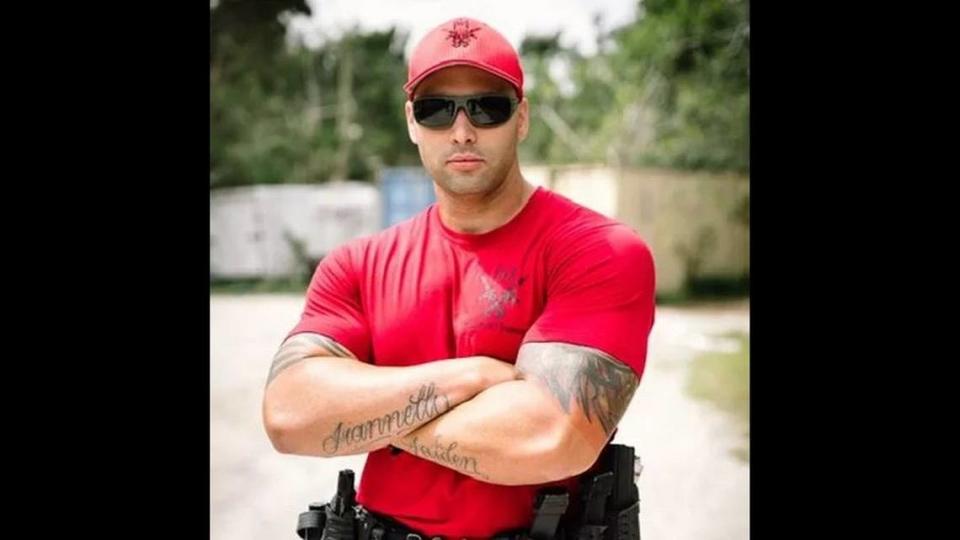
Laura Palumbo, communications director of the National Sexual Violence Resource Center, said victims of human trafficking are particularly vulnerable to sexual assault — precisely because prosecutors may be reluctant to put them on a witness stand.
“Runaway youths and sex workers are at-risk populations for sexual assault,” Palumbo said. “They are less likely to be taken seriously or believed because they are not seen as the ‘perfect victim.’ ”
Shawn Hairston — an attorney for the 17-year-old, who is now 22 — said Hardiman called him last week and suggested the state may reopen its investigation into Menocal, who is now under federal investigation and has denied the allegations of sexual assault and official misconduct.
“She said that she does realize maybe some things were overlooked” in the original investigation, Hairston said.
Another alleged victim, Suzy Betancourt, died in November 2015 while the state attorney’s office was looking into the case.
Since the Herald began reporting this story, the state attorney’s office has been unable or unwilling to answer many basic questions about the case, saying it lost much of the investigative file on Menocal. It has sometimes provided conflicting information.
Ed Griffith, a spokesman for the state attorney, originally said Hardiman had interviewed all four alleged victims. His office later said that was false. Instead, two alleged victims gave sworn statements to police only and a third talked to both police and a child forensic interviewer. Hardiman would review those reports but not interview the women herself, meaning she only talked to the 17-year-old.
The allegations against Menocal, a 12-year veteran cop, were serious. In June 2015, two adult women and two underage girls accused him of sexual assault, harassment and misconduct. They said he stopped them in his police truck and either abused them or demanded sex. While state prosecutors declined to bring charges, the FBI’s public corruption squad and the U.S. Attorney’s Office in Miami are currently investigating Menocal on suspicion that he violated the civil rights of his alleged victims by unlawfully detaining them and pressuring them for sex.
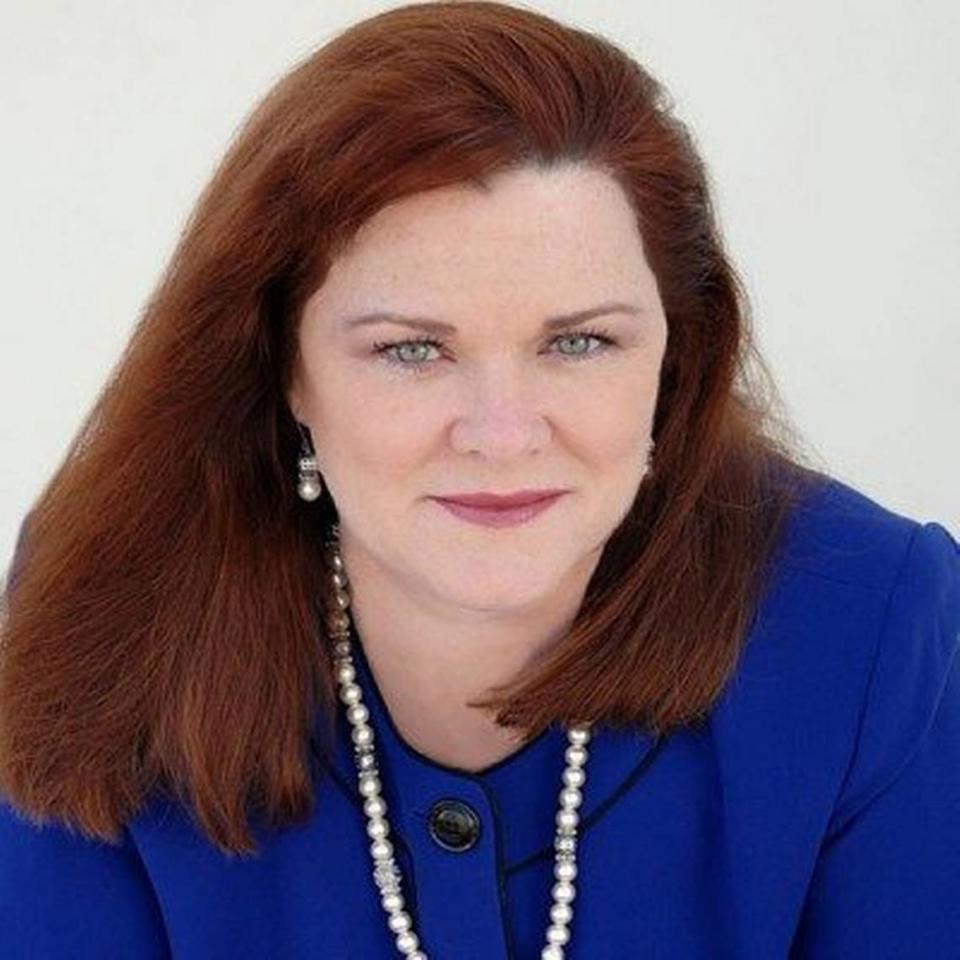
Menocal told Hialeah internal affairs investigators that he believed the women had fabricated the allegations in retaliation for his police work. But three of the alleged victims did not come forward on their own; they were located and convinced to speak by police.
“This is super difficult for you to talk about, correct?” Frank Peñate, a Hialeah internal affairs detective, asked a girl who said Menocal forced her to perform oral sex when she was 14.
“Yes,” said the girl, 15 at the time of the interview. She could be heard sniffling and crying during a recording of a sworn interview with police obtained by the Herald.
“Need a tissue?” Peñate asked during the June 18, 2015, statement.
“It’s very brave what you’ve done,” he told the teen. “Super brave. I have a lot of respect for you. I do. This isn’t supposed to happen. There’s always good people and bad people. Unfortunately sometimes bad people, they become police officers, they become doctors. There’s bad people in every profession. But we’re gonna make sure this doesn’t happen anymore.”
The state attorney’s office lost that recording, along with much of the other evidence against Menocal.
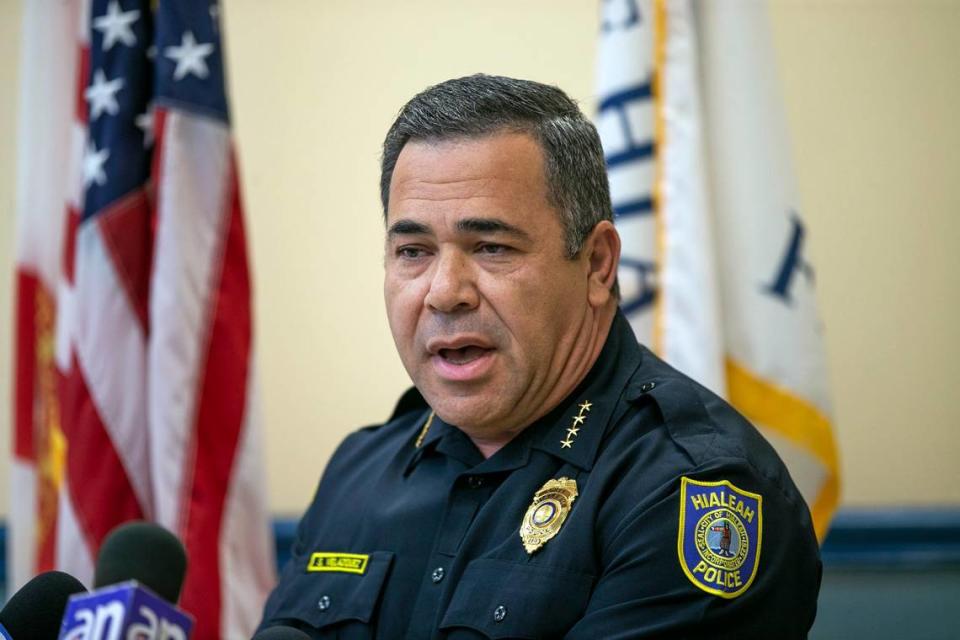
When reporters asked the state attorney’s office for its records as the Herald investigated how Hialeah police handled the allegations, the office was only able to provide audio recordings from one victim and one witness; the preliminary draft of an internal affairs investigation by Hialeah police; a “factual proffer” from Menocal’s lawyer; and a news report from a local television station.
Statements from the three other victims? Gone. Surveillance footage showing Menocal brought eight other women and girls into a Hialeah police station and then took them into a camera-less room without filing reports? Gone. Menocal’s own interview with police investigators in which he denied the alleged victims’ claims? Gone.
“We have provided you with all the records we have,” a records custodian for the state attorney said in an Oct. 31 email.
“This office handles hundreds of thousands of documents in any given month,” Griffith, the state attorney’s spokesman, said in an email. “I am certain that this is not the very first time that documents from a file may have been misfiled.”
Close-out No. 1 by Anonymous Je0VtD on Scribd
The state attorney’s office was later able to retrieve more records from Hialeah police and provide them to the Herald, but it offered no documents showing what work prosecutors had done beyond reviewing police evidence and closing out the case. (While Hialeah police gave those records to prosecutors, the police department has yet to supply them to the Herald in response to a month-old public records request.)
Experts on public records told the Herald that, while not a violation of Florida law, misplacing documents involving serious alleged misconduct by a public servant, especially a police officer, was extremely concerning.
Frank LoMonte, director of the University of Florida’s Brechner Center for Freedom of Information, said that “as a matter of judgment” prosecutors should have made sure to retain those records.
“When you have a case of that severity and sensitivity, especially involving a government official, it seems like you would make every effort to maintain those records,” LoMonte said, “because those are the exact types of cases where accusations pile up [over time]. ... You sure don’t want to find out when the fourth, fifth, sixth accuser comes forward that you shredded the rest of the documents.”
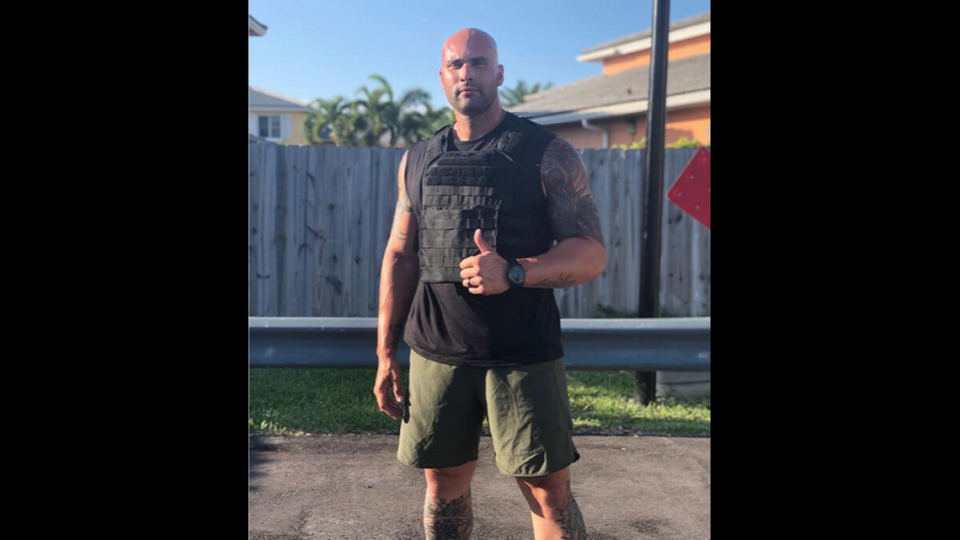
Hialeah Police Chief Sergio Velázquez confirmed at a news conference last week that Menocal was “relieved of police powers” earlier this year because of an ongoing FBI investigation into his conduct. Velázquez had relieved Menocal of duty in June 2015 — after the first sexual assault allegation — but then chose to put him back on the street even before state prosecutors formally cleared him in the summer of 2016. Menocal was also given a 4.5 percent raise. The chief, who defended how he handled Menocal’s case, said “new information” came to light, leading to the federal probe. He would not say what that new information was.
Griffith did not explain exactly how the records went missing while they were in the state’s custody.
He said that when Hardiman declined to bring charges of sexual battery, false imprisonment and unlawful compensation against Menocal on Aug. 12, 2016, she sent a copy of the file on Menocal to the civil rights section of the Department of Justice in Washington, D.C.
She also gave many of the items in the file to the state attorney’s office human trafficking task force, according to Griffith. He said that an office investigator took the files over to the task force but that some of them later went missing. Among the missing files: statements made by three of Menocal’s four alleged victims to police investigators.
Griffith told the Herald that Hardiman interviewed all the alleged victims, but he did not provide documents showing those interviews took place.
Late Thursday, when pressed on whether Hardiman actually interviewed all of the women, the state attorney’s office acknowledged Griffith made a false statement.
In one close-out memo, Hardiman included scant details of the sexual-assault allegations made against Menocal by three alleged victims. The close-out memo was imprecise in some details, such as referring to the victims as “young girls [and] teenagers.” In fact, one was a 30-year-old woman and another was in her mid-20s.
In a second memo, Hardiman included more detail about a fourth alleged victim, but the prosecutor found the 17-year-old girl less than credible. While the minor had said she was in the area where she was stopped by Menocal to pick up a check, in fact she and another woman were there to meet someone who had responded to an advertisement on Backpage, a now-defunct a website often used by human traffickers. Hardiman said in the close-out she was not confident of proving the charges in court “beyond a reasonable doubt” based on the available evidence.
Griffith did not respond when asked if Miami-Dade State Attorney Katherine Fernández Rundle would sit for an interview discussing how her office handled the case.
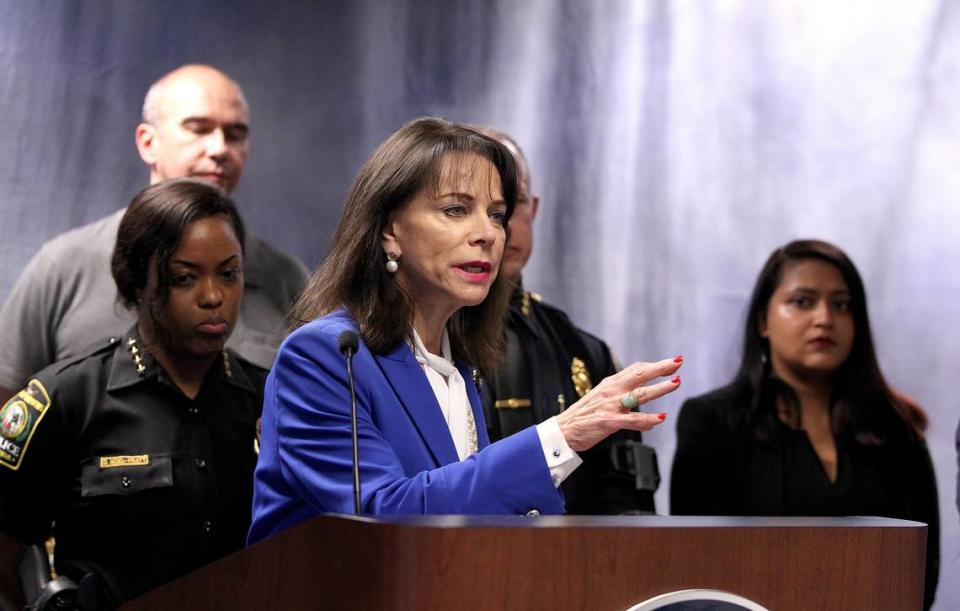
Legally, state attorney’s offices in Florida are required to keep records from closed-out investigations only for one year. But that doesn’t stop prosecutors from maintaining their files for longer.
Palumbo, the spokeswoman for the anti-sexual violence organization, said survivors of sexual assault should expect law enforcement to carefully handle evidence in their cases.
“When evidence and documents are lost, it suggests that they haven’t been handled respectfully,” Palumbo said. “It sends a broader message that the reports of sexual misconduct and assault aren’t taken seriously.”

